Maintaining heart health doesn’t require drastic changes or complicated routines. One of the most effective, science-backed strategies is consistent, mindful eating—and weekly meal prep is a powerful tool to make that happen. This guide offers a sustainable blueprint for beginners to support heart health through simple, actionable steps, complete with progress checks to keep you motivated and on track.
Heart disease remains a leading cause of death worldwide. However, up to 80% of premature heart disease cases are preventable through lifestyle changes, including diet. Preparing meals in advance helps you avoid processed foods, control portion sizes, and consistently include heart-protective nutrients like fiber, healthy fats, and antioxidants.
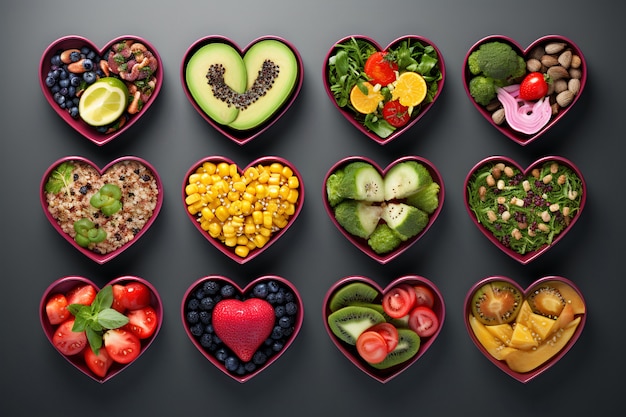
Before you start cooking, know what to include:
Start simple. Choose 3–4 main dishes you can rotate or slightly vary. Here’s a sample beginner-friendly plan:
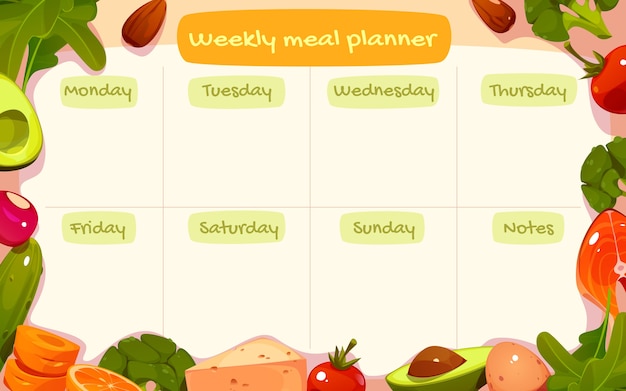
Organize your list by categories—produce, proteins, grains, and pantry staples. Stick to the perimeter of the store where fresh foods are located. Avoid impulse buys by shopping after a meal and using a checklist.
Choose a day—like Sunday—to prep ingredients and assemble meals. Focus on batch cooking:
Store meals in clear, labeled containers. Most dishes last 3–4 days in the fridge; freeze extras for later.
Sustainability is key. Start small—even prepping 2–3 meals per week counts. Gradually increase as it becomes routine. Use reusable containers to reduce waste and save money.
Keep variety by rotating proteins and vegetables weekly. Try one new heart-healthy recipe each month to stay engaged.
Regular check-ins help you stay motivated. Use these simple progress markers:
Celebrate small wins—like choosing water over soda or finishing a week of prepped meals.
Weekly meal prep isn’t about perfection—it’s about progress. By taking small, consistent steps, you build habits that support long-term heart health. This beginner-friendly blueprint gives you the tools to start today, stay on track, and feel confident in your choices.
With a little planning and regular check-ins, you’re not just preparing meals—you’re investing in a healthier, stronger heart.

Health

Health

Health

Health
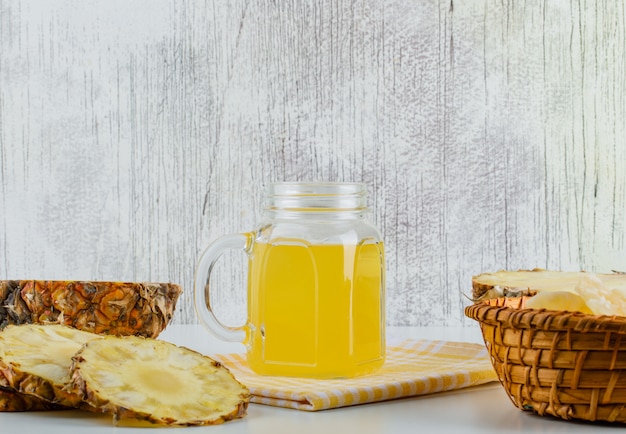
Health

Health
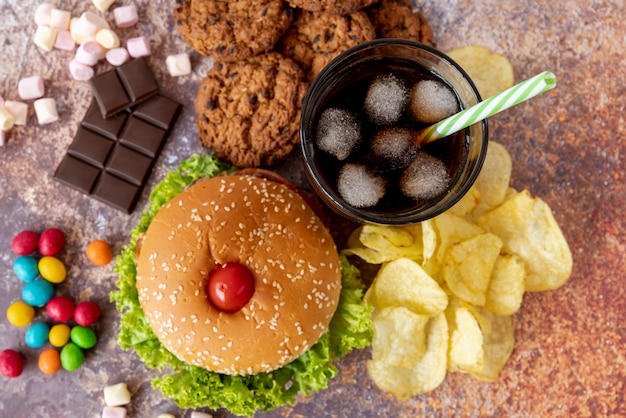
Health

Health

Health
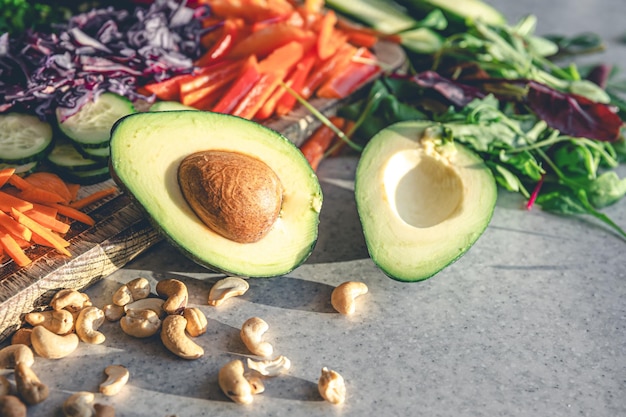
Health
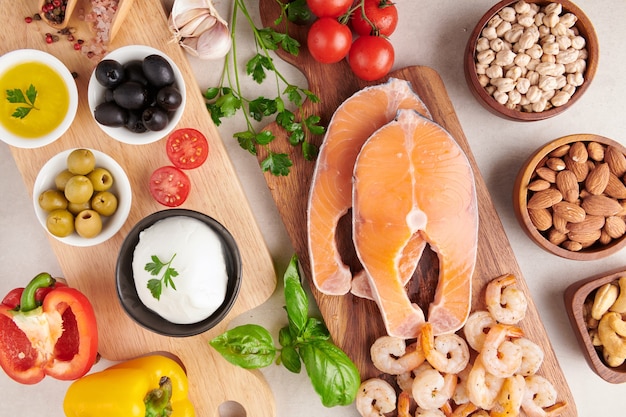
Health
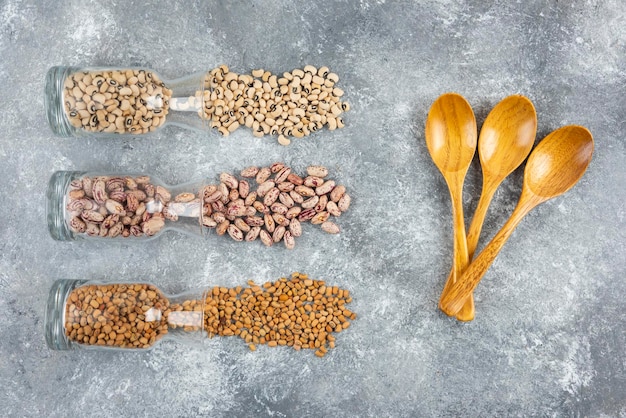
Health

Health

Fitness

Health

Health